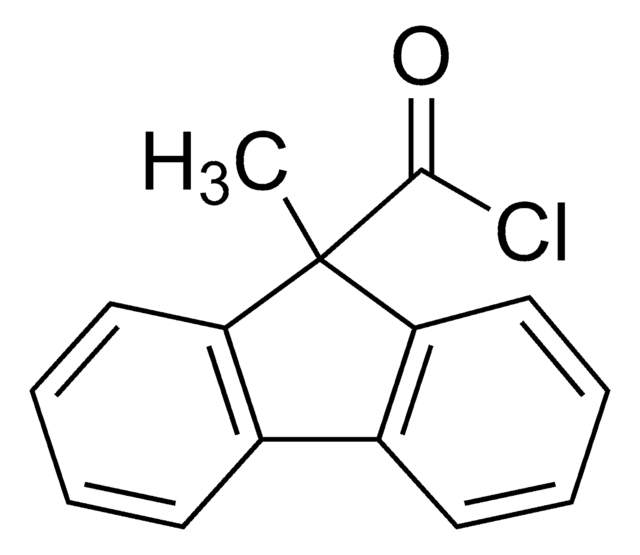710725
Ethylbenzene solution
NMR reference standard, 5% in chloroform-d (99.8 atom % D), TMS 1 %, NMR tube size 5 mm × 7 in.
About This Item
Produits recommandés
Qualité
NMR reference standard
Forme
solution
Composition
TMS, 1%
Concentration
5% in chloroform-d (99.8 atom % D)
Technique(s)
NMR: suitable
Taille du tube de RMN
5 mm × 7 in.
Chaîne SMILES
CCc1ccccc1
InChI
1S/C8H10/c1-2-8-6-4-3-5-7-8/h3-7H,2H2,1H3
Clé InChI
YNQLUTRBYVCPMQ-UHFFFAOYSA-N
Caractéristiques et avantages
Quantité
Mention d'avertissement
Danger
Mentions de danger
Classification des risques
Acute Tox. 3 Inhalation - Acute Tox. 4 Oral - Carc. 2 - Eye Irrit. 2 - Flam. Liq. 2 - Repr. 2 - Skin Irrit. 2 - STOT RE 1 Oral - STOT SE 3
Organes cibles
Central nervous system, Liver,Kidney
Code de la classe de stockage
3 - Flammable liquids
Classe de danger pour l'eau (WGK)
WGK 3
Point d'éclair (°F)
No data available
Point d'éclair (°C)
No data available
Certificats d'analyse (COA)
Recherchez un Certificats d'analyse (COA) en saisissant le numéro de lot du produit. Les numéros de lot figurent sur l'étiquette du produit après les mots "Lot" ou "Batch".
Déjà en possession de ce produit ?
Retrouvez la documentation relative aux produits que vous avez récemment achetés dans la Bibliothèque de documents.
Notre équipe de scientifiques dispose d'une expérience dans tous les secteurs de la recherche, notamment en sciences de la vie, science des matériaux, synthèse chimique, chromatographie, analyse et dans de nombreux autres domaines..
Contacter notre Service technique









